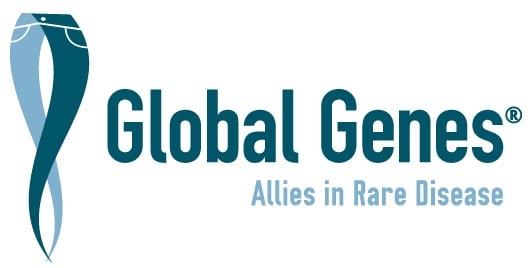We recommend that you become familiar with these rare disease organizations. Each of them has offerings for parents and families that will help you learn more about how to navigate life as a rare-disease parent and they have opportunities to join newsletters, email lists, and attend regional and national conferences. Do you have an organization that has helped you grow in your rare journey? Please share with us!
National Organization for Rare Disorders (NORD)
NORD’s mission is to advance health and well-being of people living with rare diseases through care, research, and policy.
Note: they have a Patient Assistance Program and information can be viewed here.
Global Genes
Global Genes is a wealth of information, resources, and connections for people living with rare diseases. Through podcasts, newsletters, conferences, blogs, webinars, discussion groups, and more, Global Genes convenes massive amounts of information for and about the rare and ultra-rare community.
Genetic Alliance
This not-for-profit focuses on providing “high-tech and high-touch” programs for individual,
families, and communities for transforming health. Genetic Alliance has focused a great deal on
registry development, data sharing and analysis, community development and leveraging one’s
community, IRB, biobanking, and other research tools that intersect with utilizing patient-
centric data.
Courageous Parents Network
https://courageousparentsnetwork.org/
Courageous Parents Network informs and assists families and providers who are caring for children with serious illness. This incredibly informative and nurturing website offers videos, podcasts, newsletters and more to guide parents through the tremendously difficult times of caring for medically complicated children.
F-Words Knowledge Hub
https://www.canchild.ca/en/research-in-practice/f-words-in-childhood-disability
The 6 F-words are: Function, Family, Fitness, Friends, Fun, and Future. The F-words offer a model for health that uses natural language and supports conversations between and among families, clinicians, researchers. This model is based on the International Classification of Functioning, Disability, and Health (ICF) from the World Health Organization (WHO).
The hub of information about F-words in Childhood Development has much more information about how to use these 6 F-words in your life including an excellent video by young adults (6 minutes) who live the F-words.
We recommend many things on this site, including the webinars about using the F-words in early childhood.







